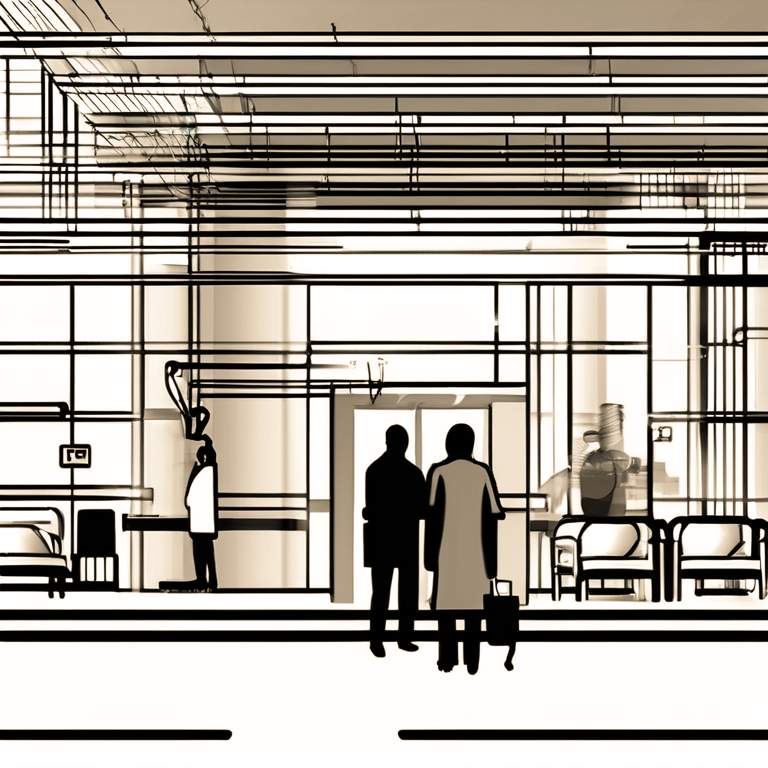Hospital staff have reported severe difficulties as the incident has rendered electronic systems inoperable, forcing a shift to manual operations. A staff member described the situation as dire, with no access to patient records or test results, significantly hindering routine activities. The National Cyber Security Centre (NCSC) is working alongside NHS England to assess the full impact of the cyberattack and provide support.
This incident follows a series of cyberattacks targeting NHS services in 2024, including a ransomware attack on Synnovis, a pathology provider, which disrupted thousands of appointments and procedures at major London hospitals. Earlier in the year, NHS Dumfries and Galloway also suffered a cyberattack that resulted in stolen patient information being leaked online. Despite these challenges, NHS England’s cybersecurity chief, Mike Fell, has stated that attacks on the NHS appear to have stabilized, with efforts underway to improve resilience.
The UK government has announced measures to address the growing threat of cyberattacks on public services, including the introduction of the Cyber Security and Resilience Bill in 2025. This legislation aims to strengthen defenses and prevent incidents like the one impacting Wirral. NHS trusts are also enhancing their cybersecurity frameworks; in November 2024, Barts Health NHS Trust deployed advanced protection systems to safeguard its operations.
As investigations continue, the incident at Wirral underscores the urgent need for comprehensive cybersecurity strategies to protect critical healthcare infrastructure and ensure uninterrupted patient care.
Source: Digital Health
The European Cyber Intelligence Foundation is a nonprofit think tank specializing in intelligence and cybersecurity, offering consultancy services to government entities. To mitigate potential threats, it is important to implement additional cybersecurity measures with the help of a trusted partner like INFRA www.infrascan.net, or you can try yourself using check.website.

